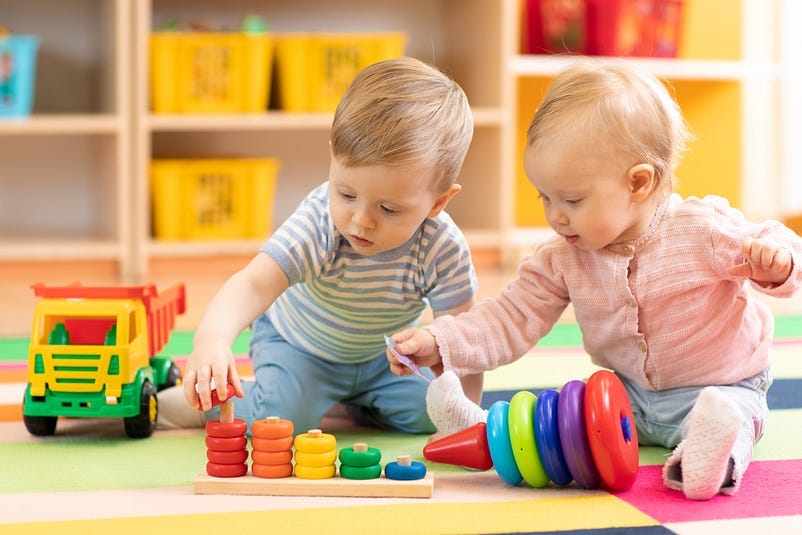Early Talker, Late Talker: Is My Child Gifted?
How does early or late talking relate to how smart a child is?
Two families were visiting their great aunt and uncle and chatting with each other as their first-borns, and cousins to each other, were crawling and toddling around the living room floor in front of them all. Little Sally, about 14 months old at the time, was jabbering away and running circles around her one month younger cousin, Heinz. Sally’s parents…
Keep reading with a 7-day free trial
Subscribe to Gifted Through the Lifespan to keep reading this post and get 7 days of free access to the full post archives.




